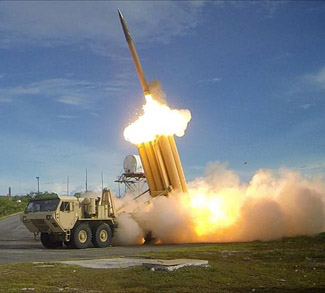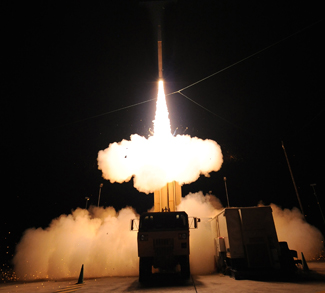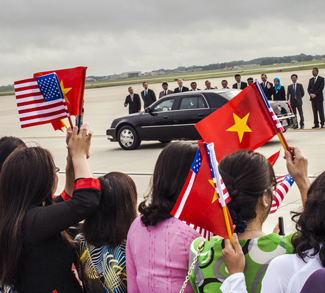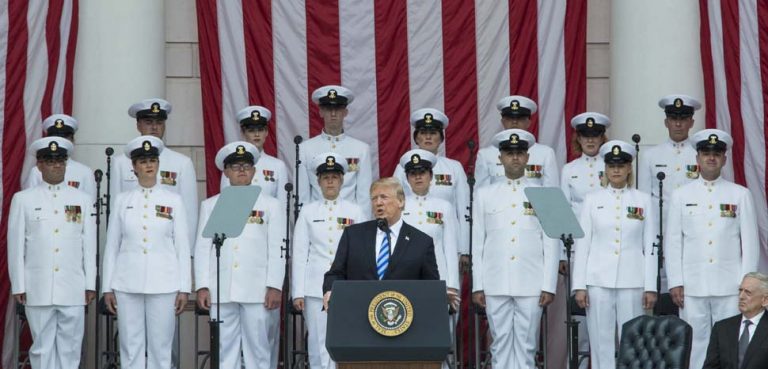Summary
As Donald Trump’s newly victorious transition team descended on the White House, outgoing President Barack Obama had a stark warning for them: North Korea is the greatest threat facing the United States, and as such it should be the top security priority of the new administration
Solving the problem of North Korea won’t be easy. Previous governments have staked their credibility – and lost – on trying to induce Pyongyang to give up its nuclear weapons program in exchange for economic concessions. The military route is equally perilous. Even before Pyongyang developed nuclear weapons, its artillery deployments, short-range missile program, chemical weapon stocks, and close proximity to the South Korean capital made the notion of a pre-emptive strike a costly gamble.
Now the Trump administration takes over amidst maturing North Korean missile and nuclear programs. Will President Trump hammer out the solution that has eluded his predecessors, or will North Korea persist as the Gordian knot of East Asian security?
This backgrounder examines the North Korea threat and what the Trump administration can do about it.
Background
A Growing Threat
With every passing day, every passing weapon test like the one we saw on February 12, the threat posed by North Korea grows, and now the Trump administration is on the clock.
Both recent experience and the disclosures of several defectors suggest that the North Korean government is accelerating work in its missile and nuclear programs. Including the most recent test (of which details are still emerging), the regime has conducted 21 missile and two nuclear tests over the past year alone. The high number is noteworthy because it suggests a rapidly maturing program; with all the major technical hurdles overcome, now the focus has become narrowing the accuracy of the missiles’ strike zones.




